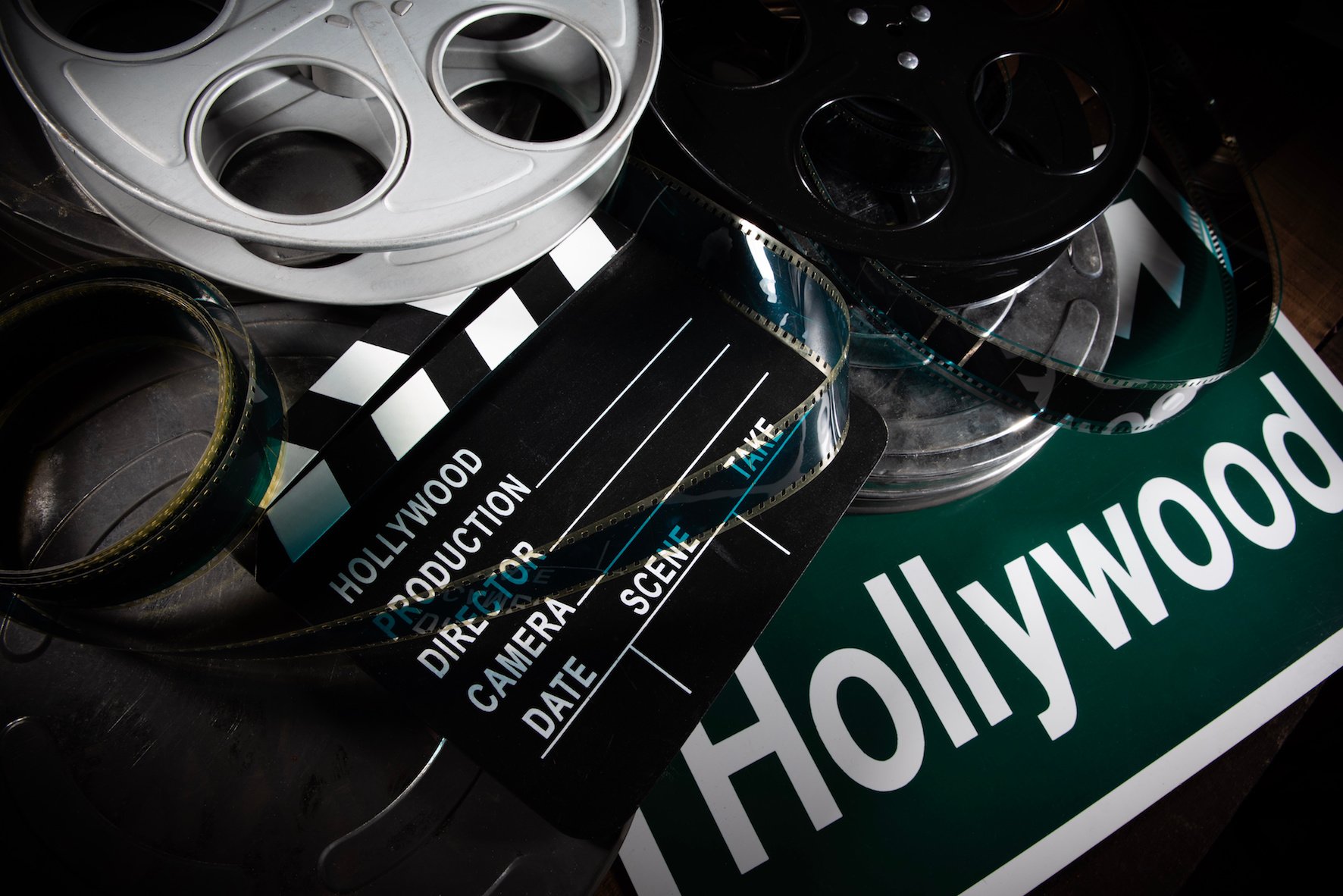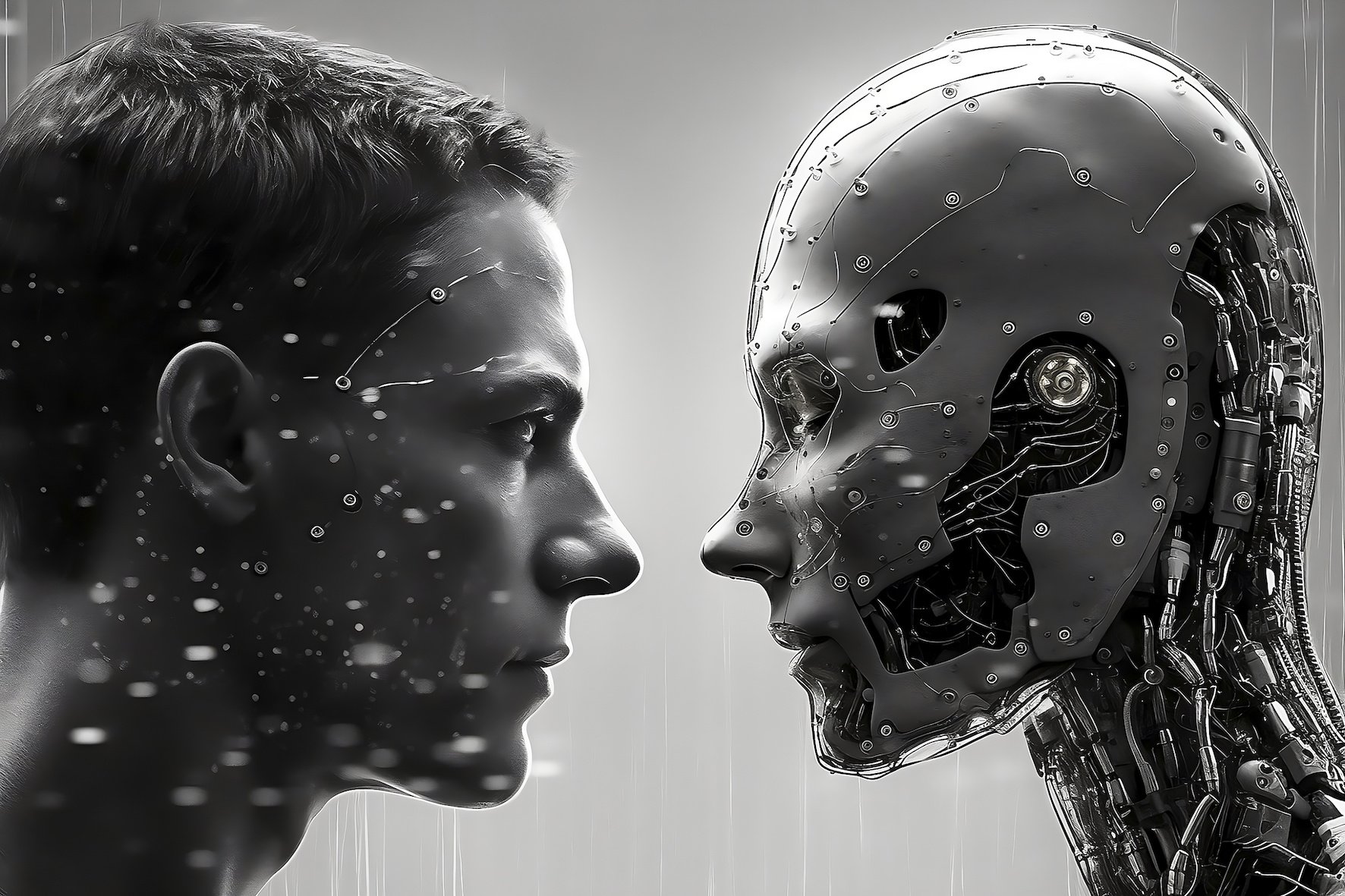Is AI Taking over Hollywood?
Disclaimer: The information on this blog is for general informational purposes only and any opinions expressed are my own. I make no representations as to the accuracy or completeness of any information and will not be liable for any errors or omissions in this information.
Over the last few days, the film industry is feeling the fire as actors and scriptwriters have rallied together after studios allegedly demanded the ability to use background actors’ faces on screen, while paying them with only a day rate in turn to use their image indefinitely.
The Rise of AI in Hollywood:
If you’ve seen the latest Black Mirror Episode ‘Joan is Awful’, this dystopian world feels a lot closer to home for the creative industry.
We all are aware of the incredible generation of AI and how they’ve used it in movies like Ghost Busters to bring back the dead, but has it gone too far?
On Thursday (13th of July), SAG-AFTRA, the Hollywood union representing a large portion of the film and TV industry went on strike alongside the Writers Guild of America, representing the industries screenwriters who have been rallying for over 70 days.
REUTERS/Brendan Mcdermid
The Alliance of Motion Picture and Television Producers released a statement acknowledging their "groundbreaking AI proposal" that aims to safeguard performers' digital likenesses.
The proposal requires performers to consent before creating digital replicas to utilise, however the ownership allows the studios to continually use scans, images, and likeness to the company without consent or compensation.
This opens up doors for studios to exploit budding actors in the industry for only a days paid work.
Renowned ‘The Nanny’ star Fran Drescher turned Sag-Aftra union president blasts Hollywood in a fiery speech.
Drescher said actors were being “marginalised, disrespected and dishonoured” by these corporations that has been drastically changed by streaming and AI.
“What happens here is important because what’s happening to us is happening across all fields of labor, when employers make Wall Street and greed their priority and they forget about the essential contributors that make the machine run,” she said.
With AI on the forefront of technology at the moment and with unclear regulations, it is leaving actors and screenwriters in a place of deep uncertainty.
Will Creativity Go?
The main concern with AI in any industry is whether it works along side us, or replaces us, especially in Hollywood. It’s a daunting thought, but we are all facing this in today’s world as a real possibility.
One of the concerns with AI development is of course replacing actors.
What would that look like from an audience perspective?
If this were to go ahead, would we recognise that the person we’re seeing on screen is a simulation?
Will we be able to connect with a character that doesn’t have the same emotions and experiences an actor can bring to the screen?
Whilst AI is impressive technology, the one thing it still isn’t, is human. AI’s current technology is very smart, we’ve seen with inventions like ChatGPT that it can sound very human-like, but at the end of the day, it is still a bunch of algorithms in a computer. It has not got to the point of being able to understand human emotion on a human emotional level, only on an analytical level.
What does this mean? I believe it would create a lack of emotion on screen - which is the key motive that drives a narrative. So then how would we be able to connect with it as emotional, physical and spiritual beings?
While this battle is aimed at background actors, this has the potential to affect every actor and creator in the film and TV industry, which is why this movement is so important.
The lines are still very blurred when it comes to regulation on AI, as the technology is moving at a rapid pace, leaving room for corporations and companies to exploit the system until regulations are mandated.
Striking a Balance:
Rather than fearing the rise of AI in Hollywood, it is important to embrace it as a collaborative tool that can push the boundaries of creativity and storytelling.
This very needed movement I hope can bring clarity and push for better terms for actors, screenwriters, and creatives alike.
AI has the power to work alongside human creativity, filmmakers can unlock new possibilities, streamline production processes, and engage with audiences on a deeper level. The key lies in maintaining a balance between innovation and preserving the unique qualities that make filmmaking an art form. This proposal by the studios is taking this art-form away, which is what makes this strike necessary at such an uncertain point in time.
Summary:
The film industry is grappling with the use of AI in Hollywood, as actors and scriptwriters unite against studios' demands for using background actors' faces without fair compensation. The proposal raises concerns about the future of human creativity and the potential replacement of actors. While AI offers advancements, it lacks the depth of human emotions that drive storytelling and audience connection. This strike highlights the need to strike a balance between AI innovation and preserving the unique qualities of human artistry. Clear regulations are necessary to protect actors and ensure a collaborative approach that enhances storytelling while valuing human talent.



